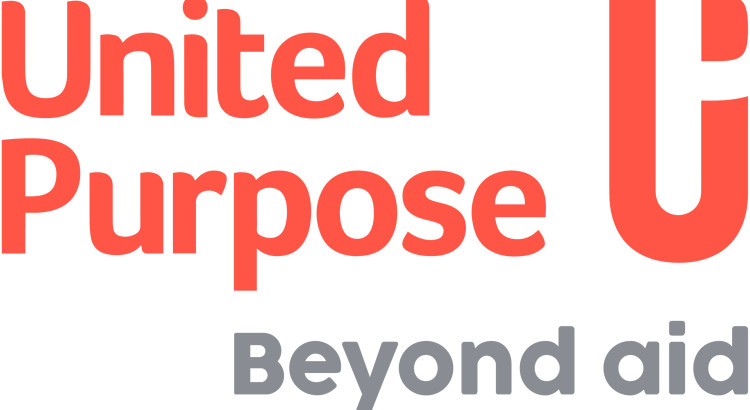
By Imbwanga Mapoko; United Purpose- Mozambique
Social accountability is not for the faint hearted. Here United Purpose in Mozambique shares some of the tacit knowledge it has had to learn in order to build and sustain productive multi-stakeholder relationships. Read more…
I think the best decision we have made so far in the Muni-SAM project was to train civil society, local government officials, and municipal assembly members together at the beginning of a social accountability intervention. When we did this, the conversation in the room changed fundamentally, which highlighted for us the importance of trust and relationship-building for effective social accountability. The conversation shifted from finger-pointing to a common understanding that “This is our municipality, these are our collective problems, so how do we overcome our differences and fix them?” The result of this shift comes out clearly in the digital stories where stakeholders share their experiences of the social accountability engagements that the Muni-SAM project has facilitated over the last 7 years. Some of these can be found here, here, here and here.
Over time, we have learnt that whilst trust is a key prerequisite for the success of social accountability monitoring (SAM) initiatives, bringing people who would not normally talk to each other into a safe conducive space for frank discussion is a significant step towards generating trust. However, nurturing a relationship of trust over the longer term is what will sustain stakeholder engagement to solve an increasing number of increasingly difficult municipal problems. At United Purpose, we are constantly reflecting on how to sustain these relationships so that they can be leveraged to better solve more problems. In nurturing these relationships we have encountered a number of challenges and have had to continuously make adaptations to our core SAM processes. To give you a sense of what I mean, perhaps I should share several of these challenges now.
- The digital stories linked to this blog show that members of the SAMComm[1] are elected from neighborhoods. We chose to do things this way because we wanted an inclusive SAMCOmm where the priorities identified would be truly reflective of the diversity within the neighborhood. In establishing SAMComms, each neighborhood was therefore allocated two spaces (one man and one woman) and their composition should include representatives from several marginalized groups.
- The first duty of a SAMComm begins during training when the members learn how to engage with municipal documents. Then there is a social audit to verify that what is in the documents is consistent with what can be seen on site. After meeting with council officials to check that there are no gaps in their own understanding that may lead to inaccurate conclusions, the SAMComm convenes a public hearing. Here the findings are presented and relevant officials are invited to respond. Previously, the exercise would end there, with little follow up. We therefore decided to add a step at the end of the public hearing process. Before the hearing is disbanded, commitments that were made during the meeting by council officials, municipal assembly members and the SAMComm are documented and signed by all relevant parties. Progress against this document is then reviewed at the beginning of the next SAM intervention.
- We have learnt that relationships are built through a process of ‘give and take’. The Mozambican legislative framework requires that municipalities raise money locally to deliver their mandate and they do not receive the grants that are available to rural district councils. When SAMComms learnt of this, they understood better the importance of mobilizing communities to pay taxes so that municipalities could deliver the services required by communities. Community mobilization on the importance of paying taxes is now a key component of SAMComm activities and is given as much priority as advocating for better services.
- We have learnt that political dynamics within municipalities are an important determinant of the success or failure of SAM interventions. For example, what a SAMComm is able to do in an election year is different from what they are able to do in the year following an election. There are opportunities and risks in each case and one has to be mindful of this when planning for SAM interventions. In choosing a local partner it is also important to choose a partner who is well established within the municipality and in tune with the political dynamics at play which may not always be obvious to an outsider. Understanding and managing politics within society and institutions is an essential for a SAMComm not only for the success of its immediate intervention but also for sustainability of the SAMComm itself. Examples of how Muni-SAM continues to address such challenges were discussed in more depth during the Learning Pilot Initiative in which United Purpose participated in 2017.
Our biggest success so far has been that even though we no longer work in some municipalities, all the SAMComms we set up are still operating in our absence. They still analyse municipal documents, conduct social audits and hold public hearings. However, challenges do still exist and will probably continue. One of the biggest challenges that SAM stakeholders have raised is that many of the most pressing needs identified by residents in municipalities do not fall within the mandate of municipal councils and can only be addressed at higher levels of government. Building strong relationships for successful SAM to solve problems spanning across levels of government is far more difficult and resource-intensive. We are still learning how best to do this effectively.
[1] Social Accountability Monitoring Committee.
If you want to leave your comments about the article, follow the link
